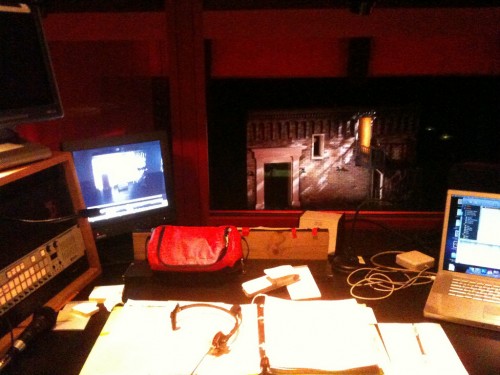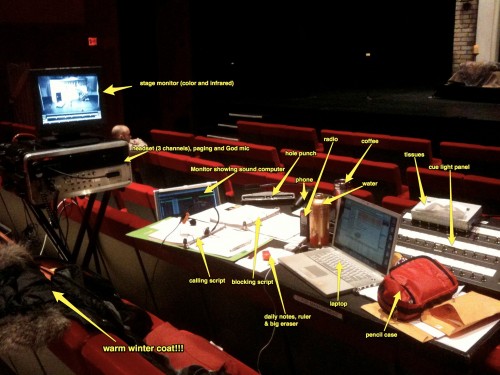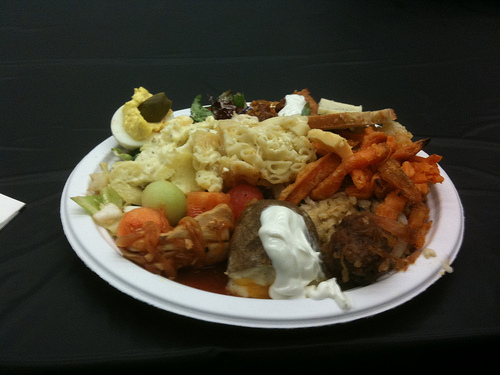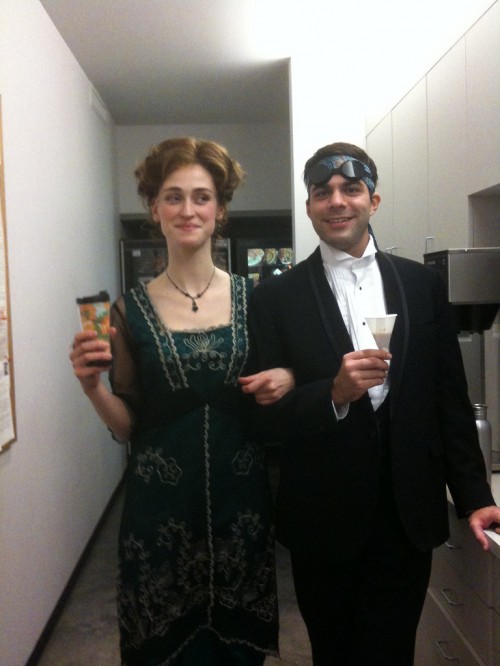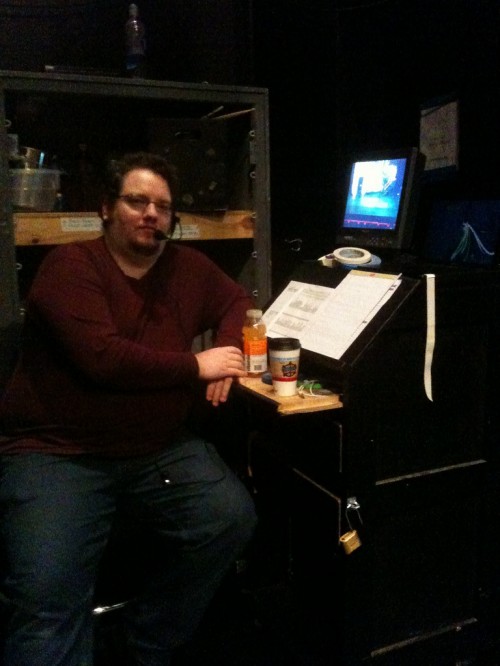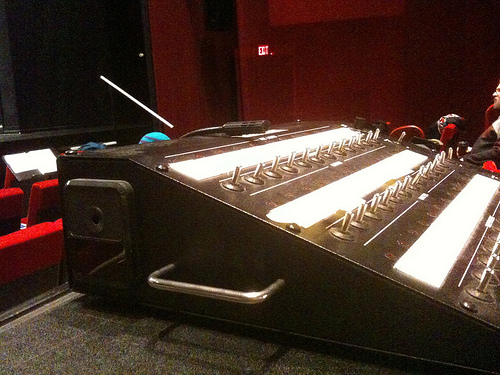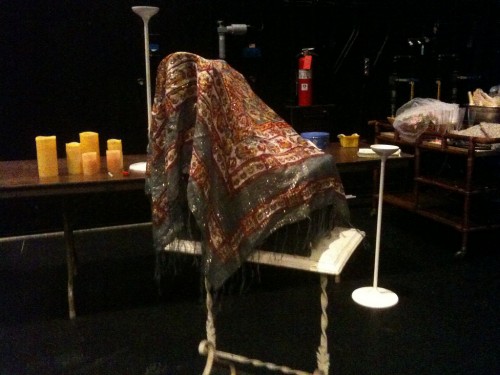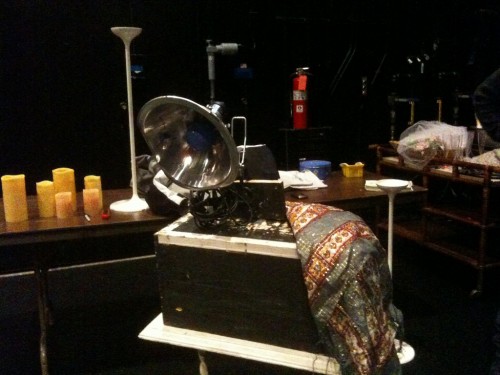A while back I took a stage management survey that I saw advertised in an issue of Equity News (which is a monthly newspaper for Equity members). It was organized by a stage management class at the University of Iowa.
There was recently another note in the Equity News that the results are now available at smsurvey.info. Based on their numbers, they got approximately 15% of all Equity stage managers to respond, which is really cool. It’s only a few hundred people, but in such a small profession, that’s a good turnout. The survey was open to students and non-Equity professionals as well, but it’s much harder to know how many of them are out there.
It was a very extensive survey, and the analysis of the results is quite detailed. If you’re interested, I encourage you to take a look, I’m not going to quote all of it here.
I will paraphrase some parts of interest:
- Stage managers have no personal lives
- Female stage managers especially have no personal lives
- More people (12%) have called a show from a computer than I would have imagined, and not just young people. I very much want to do this, but I have not settled on the software that would work best (during a very boring load-in recently I wrote the first two pages of my R&J calling script in HTML/CSS. It was fun, but time-consuming and way more complicated to get proper margins than just doing it in Word.) They mentioned InDesign for making calling scripts (not necessarily to call on screen), which has kind of blown my mind, and must be thought upon.
- Young people like calling from booths, old people like calling from backstage. I don’t even remember what I responded. If the options are both equally viable, that question generally will shut down all my brain function for several minutes. I probably said backstage, though. I like both for different reasons, and on tour, being in a different theatre almost every day, sometimes I mix it up just for the sake of mixing it up.
The statistic of particular interest to me is that 11% of responding stage managers call light cues as “electrics.” This has been a frequent topic of debate on the tour because I say “electrics,” and it’s unusual, and especially unusual for someone of my age. Indeed the survey found that the percentage was more than twice as high among older stage managers.
Devon (our lighting director) had a little informal survey of his own that he would do in every venue: He would always be in the booth at the start of our first show, and would watch the reaction of the board op to the first cue, and would note if they were a) completely clueless that “Electrics 2” was them, b) a little bit thrown off for a second, or c) reacted like it was totally normal. We didn’t keep records of the results or anything, and we also played a variety from IATSE houses to high schools, so the experience of the board op varied quite a bit. But on the whole I would say that the majority of the reaction to it leaned toward the belief that it was at least a little bit weird.
And now, a little bit about why I say “electrics:”
It has been a consistency in my entire Equity career that at any given time I need to be ready to call two shows: the show I am currently employed on, and Phantom. Phantom (being from the dawn of time) uses “electrics,” thus by calling my other show the same way, I am less likely to screw up by saying the wrong word. Especially earlier in my career when I was doing short runs of showcases and stuff, it was very common for me to be calling a couple performances of Phantom and a couple performances of something else in the same week.
I also think that “electrics” is a better idea because there are so many syllables that the chances of the board op not hearing it, or mistaking it for another word, is almost impossible. It’s a little more work for me to speak it all, but I think that’s worth it to increase the chances of the cue coming out right. I have done a few shows where certain sequences were so fast that I had to switch to “lights” (just for those parts) because there really wasn’t time for three syllables.
The program intends to conduct another survey in 2011, so be on the lookout for it!


